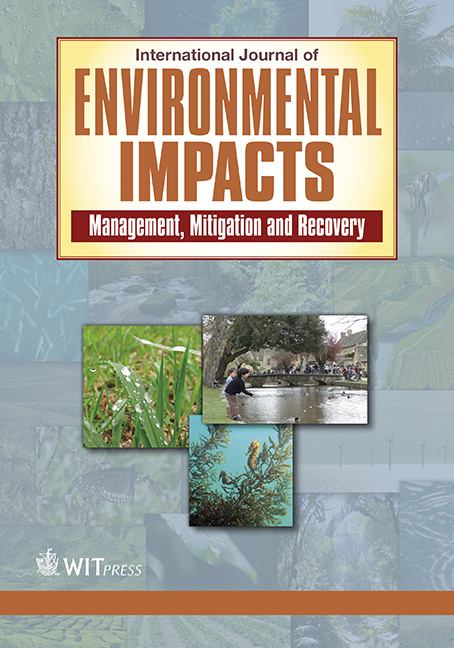Local knowledge-based water management and irrigation in the Western Pamirs
Price
Free (open access)
Volume
Volume 1 (2018), Issue 3
Pages
12
Page Range
254 - 266
Paper DOI
10.2495/EI-V1-N3-254-266
Copyright
WIT Press
Author(s)
Andrei Dörre
Abstract
For many people living in Central Asia, the economic decline and societal disintegration of the post- Soviet space meant a dramatic socio-economic marginalization and pauperization. Against this back- ground and accompanied by the liquidation of numerous state enterprises, many citizens lost their jobs and secure wages. Simultaneously, the state radically cut the provision of social services. The increased uncertainty led to a rising dependency on access to, as well as utilization and the decentralized management of, locally available resources and assets for one’s own survival, especially in the countryside. Because of the immediate relationship between these challenges and the comparatively scarce availability of affordable food products, the collaborative management of scarce water sources and common operation of labour-intensive irrigation infrastructure for local agricultural food production are especially significant in arid high mountain regions such as the remote Western Pamirs in Tajikistan. By means of a micro-level study conducted in the Wakhan Valley, it will be shown how self-organized management practices and pragmatic technical solutions fed by local knowledge contribute to addressing the uneven and irregular spatiotemporal water supply for irrigation. The findings reveal that local-specific water management and irrigation arrangements prove to be not only an essential basis for local food production but also a central instrument for balancing interests within a community and a means of social organization. The study provides an example of where human and social assets such as local environmental, cultural and social knowledge; common decision-making; and coordinated action become key factors for equitable utilization of locally available natural resources on the one hand. On the other hand, the study shows how local knowledge-informed collaborative resource management contributes to community cohesion and individual survival in a society which is struggling with manifold societal challenges.
Keywords
Agriculture, Community-based natural resource management, food supply, High Asia, Irrigation, Local knowledge, Pamirs, Tajikistan, water




